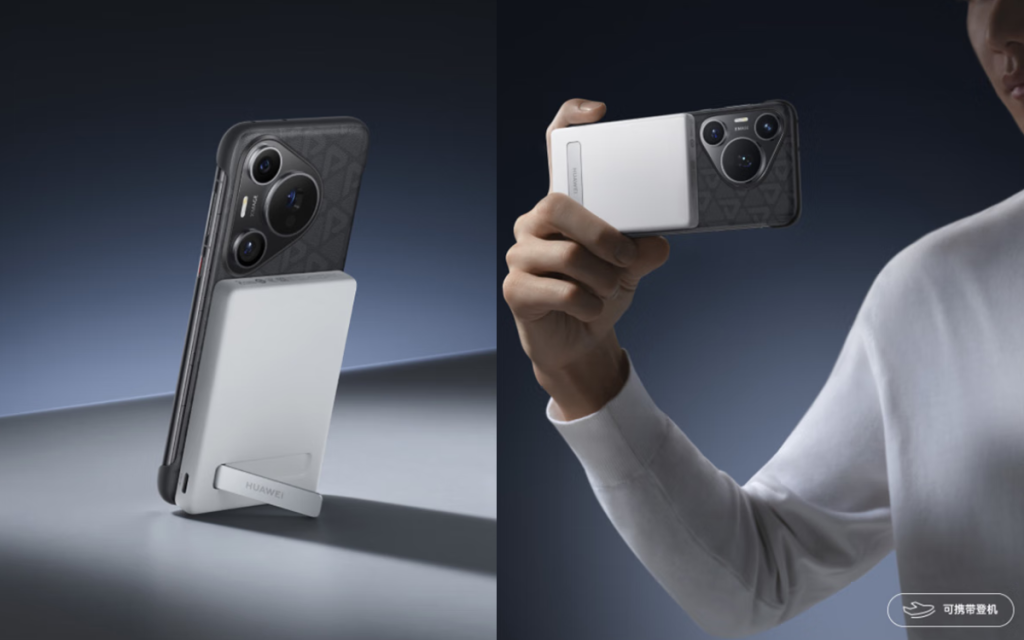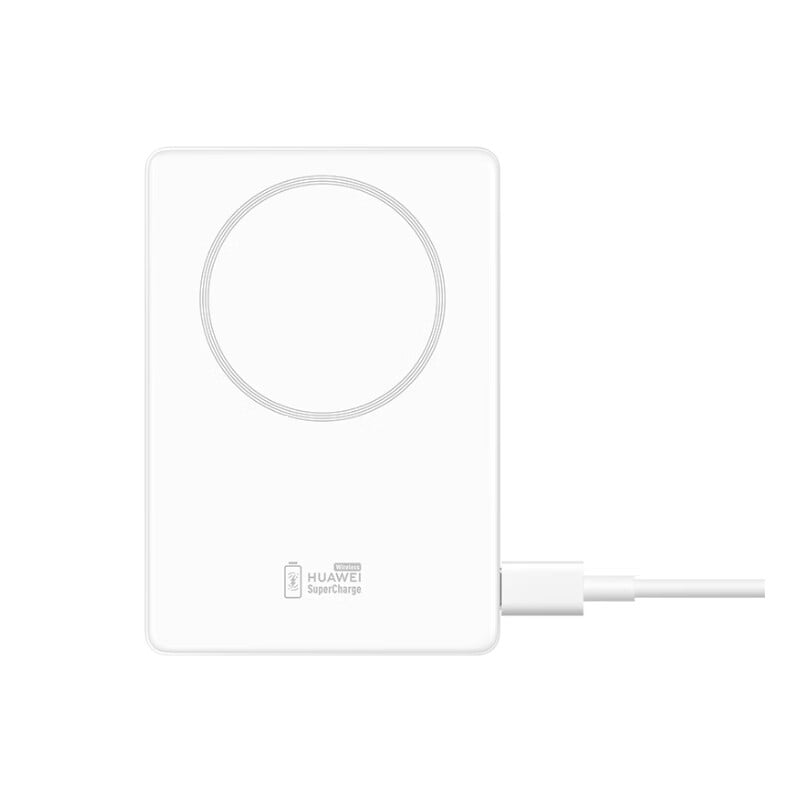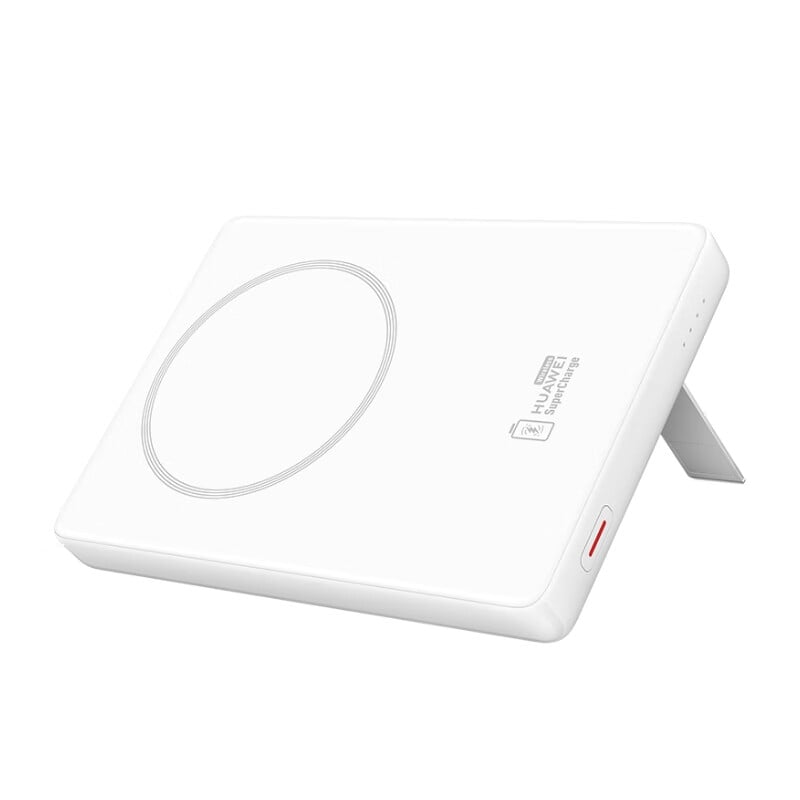Huawei has unveiled a new magnetic power bank, the “Huawei SuperCharge All-in-One Magnetic Power Bank”, designed for convenient on-the-go charging for your Huawei phone. The power bank is now available for pre-order on JD.com and will officially go on sale on June 10th. It is priced at 369 yuan (approximately $52).

Huawei SuperCharge All-in-One Magnetic Power Bank Specifications:
The power bank boasts a slim and portable design, measuring only 11.26mm thick and weighing 141g. Despite its compact size, it packs a 5000mAh capacity, offering enough juice to top up your phone on the go.
It supports bi-directional 25W wired charging, allowing you to charge the power bank itself or other devices quickly. Additionally, it offers 15W wireless charging when powered by the battery cell, and can be bumped up to 30W when connected to an adapter.
The power bank is compatible with various fast charging protocols like SCP, UFCS, and PD, ensuring compatibility with a wide range of devices. It comes with a 25cm USB-C to USB-C cable for wired charging.


The magnetic aspect comes into play with Huawei phones that support wireless charging and utilize an official magnetic adsorption case. This allows for a convenient cable-free charging experience by simply attaching the phone to the power bank.
The magnetic feature is compatible with select Huawei phone models, including the Mate 60 series (Mate 60, Mate 60 Pro, Mate 60 Pro+), and the Pura 70 series (Pura 70, Pura 70 Pro, Pura 70 Pro+, Pura 70 Ultra).
The powerbank also features a foldable stand, providing a hands-free charging option for watching videos or working. Huawei claims that the power bank can fully charge both the power bank and a phone overnight in base charging mode, ensuring you wake up with ready-to-go devices.
The power bank is built with a high-quality lithium polymer battery cell that meets national safety standards and is UL 1642 certified. It also boasts multiple protection features to safeguard against overcharging, over-discharging, short circuits, and more.
RELATED:
- Huawei PSD-AL00 phone passes 3C certification, likely a Nova 13 series member
- Huawei overtakes Samsung as top foldable smartphone brand globally
- Apple Watch Ultra 2 is available at a jaw-dropping price
- OUKITEL offers exclusive discounts on its rugged duo: WP33 Pro Phone and 11-inch RT8 Tablet
- 10 Best Free Android Games in 2024







